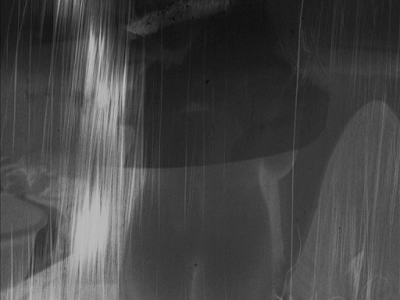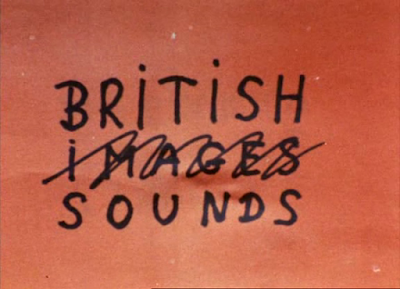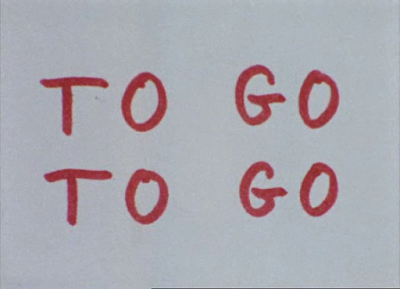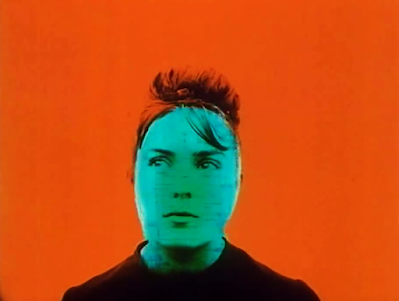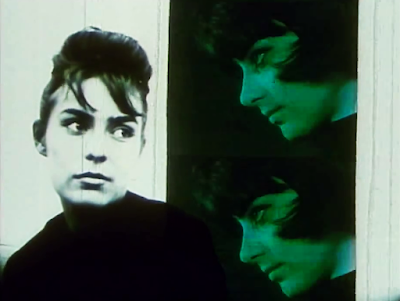
Jeff Keen (1923-2012) is one of my all time art heroes. Keen was an autodidact who never joined any part of the establishment, not even briefly and, as a result, received none of the attention and accolades due to him as one of the greatest and most original British artists of the 20th century. Posthumously, his reputation has grown, but still not enough. He is one of my biggest influences.
His films are perhaps his primary artform, and they remind you of why Edison called his early cinematic device the Kinetoscope – they are full of motion and energy, crazed, febrile things that burst onto the screen in a barrage of crashing planes, mushroom clouds, plastic soldiers, fires, floods, sexy girls, hairy men, super heroes and super villains, starring his friends and family and set to intriguing and ear popping soundtracks. The young Keen had fought in World War Two (he called it ‘the best time of my life’) and the violence and anarchy of that experience was a major and indelible influence on him.
After leaving the Army, Keen spent a single term at Art College, but was working as a gardener with Brighton Council’s Parks Department when he made his first short film in 1959. A confirmed cineaste, it suddenly occurred to him that he could make a film himself, so he borrowed an 8mm camera and set out on a fifty year career as the UK’s most innovative radical film maker.
Keen’s film work is undeniably experimental, but to me it seems like the product of a parallel universe film industry where horror, sci fi, war and soft porn are the only influences: Hollywood with the boring and talky bits taken out, a gleeful disordering of narrative that goes wherever it likes, however it likes, at 250 miles an hour: comic books, high art, popular cliché and the avant-garde, all delivered in one super fast short burst of energy, like a shot of adrenaline to the heart.
Here are some shots from his 1968 short film White Lite. I find stimulation in every single particle of Keen's work, even the bits 'in-between', where his method creates abstract art without really thinking about it, so eager is he to share his frantic vision.
I'll get back to Jeff as and when. As I might have mentioned, I love his work.




